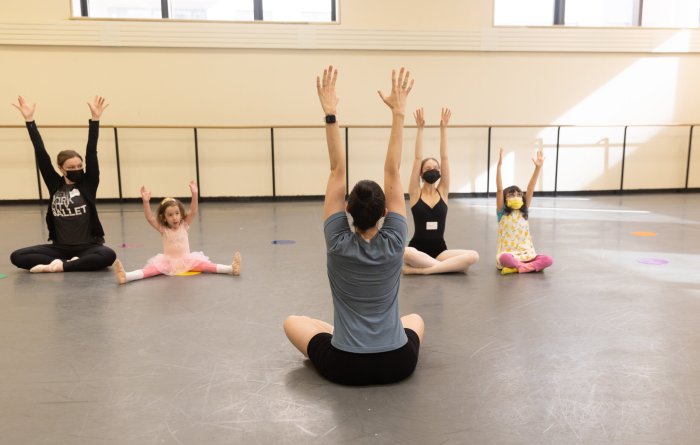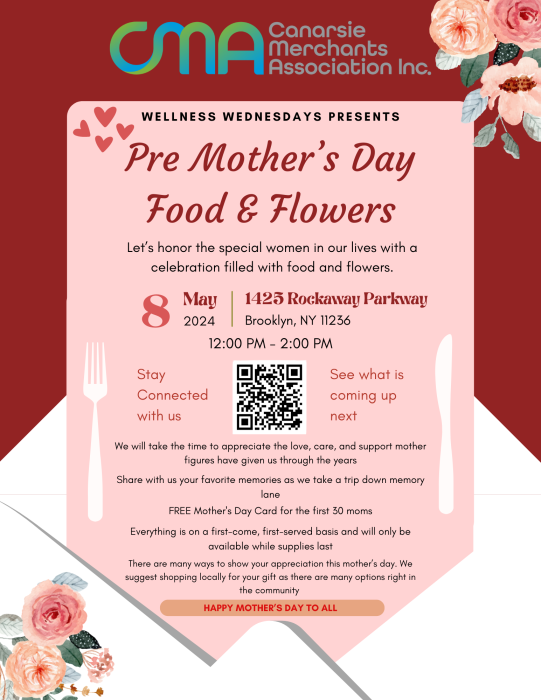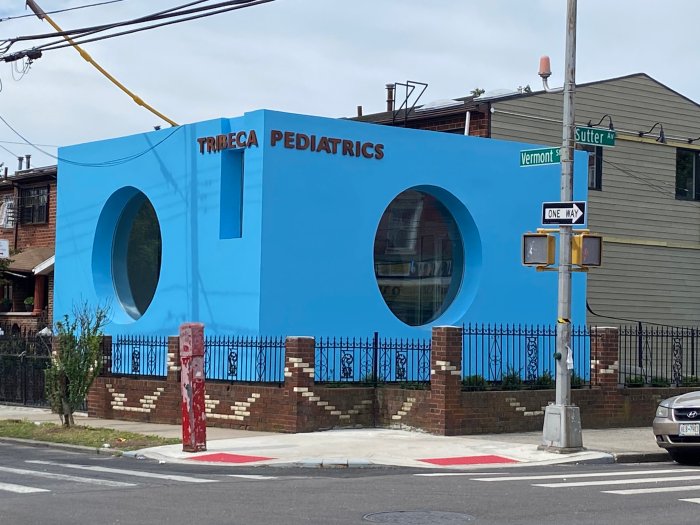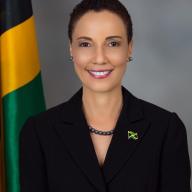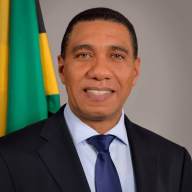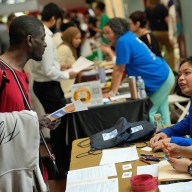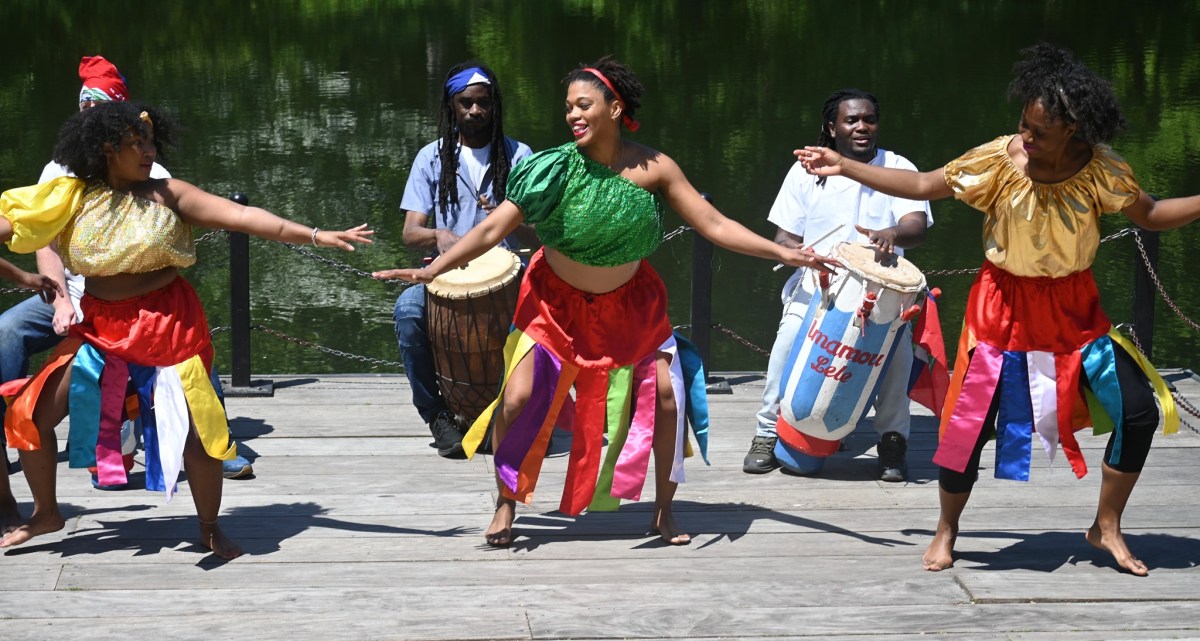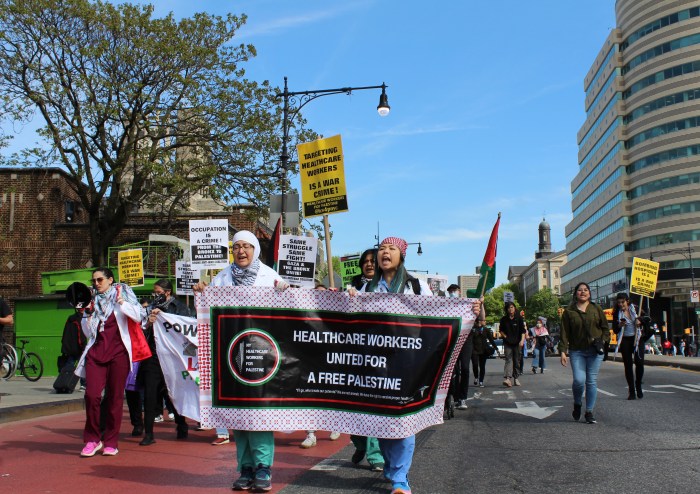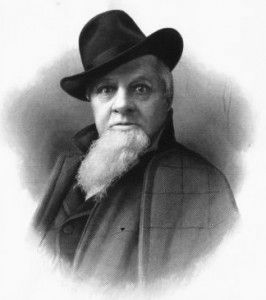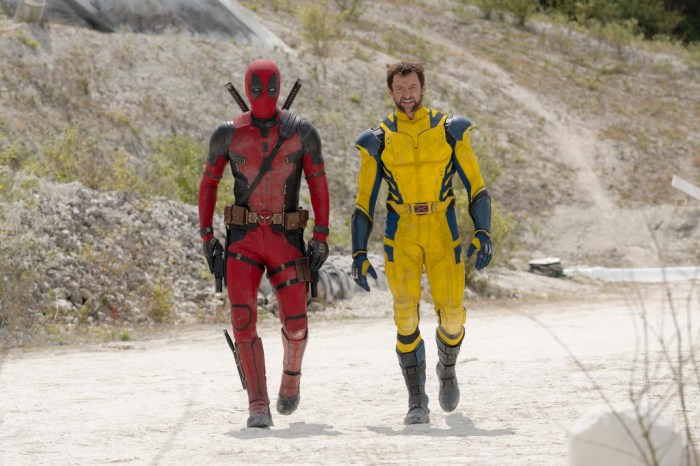The World Bank has lauded Jamaica’s National Strategic Plan on Early Childhood Development, noting that it is “the first of its kind in the region.”
“Compared to other countries, such as Chile and Colombia, Jamaica guarantees free preprimary education and has the highest proportion of children enrolled in preschool,” said the Washington-based financial institution in a statement.
The bank noted that in its 2008-2013 National Strategic Plan on Early Childhood Development, the Early Childhood Commission (ECC) listed, as a “key strategy to support parents in effective preventive health care, the development of a Child Health and Development Passport.”
“It is a handy booklet distributed in ante-natal counseling sessions with expectant parents and populated by parents, heath care professionals and early childhood institutions, based on observations and examination of the child’s progress,” the World Bank said.
It referred to a 27-year-old Jamaican mother, whose daughter will soon benefit from the plan.
“She will turn two in April, but although the school system typically takes them at three, I believe she is on track to start school at two, just like I did,” Tenesia McKenley told the bank.
It said McKenley attributes much of her ability to manage her daughter’s progress as a new parent to an innovation of Jamaica’s Ministry of Health, “co-parented” and endorsed by the ECC.
“In my case, the passport was very much welcome because my daughter was born in a public hospital and got her initial treatment and care there, but I prefer to do follow up visits and ongoing checks with a doctor who has served our family for years,” McKenley said.
“With the passport, both my daughter’s pediatrician knows exactly what has transpired in her care and treatment at any other health facility. This also gives me confidence that she is getting the best possible care that I can afford, while I get multiple opinions without a hassle,” she added.
In September 2010, at the start of a new school year, the World Bank said the Child Health and Development Passport replaced a “simple immunization card in the public health care system.”
“This is more modern and holistic in that it not only captures all the stages of the child’s early development, but it also serves as a parenting primer,” McKenley said.
She said there are tips in the booklet about nutrition – what types of food is best at what stage, “along with other very practical parenting tips.
“I also liked the fact that the folks at the clinic used the waiting time to walk us through page by page on its use and value,” McKenley said.
“Additionally, the fact that the passport is totally free makes it invaluable,” she added. “I certainly would not be as confident in managing my child’s progress at this stage without it.”
The World Bank said the ECC hopes to “expand and deepen its reach” with the bank’s support, stating that the ECC envisages that more than 300,000 Jamaican children “will be enabled through improved partnership between parents and child health and care professionals to achieve their full potential.”


